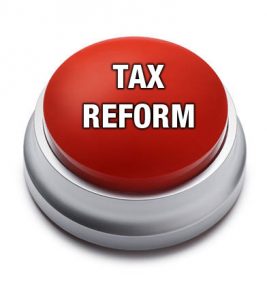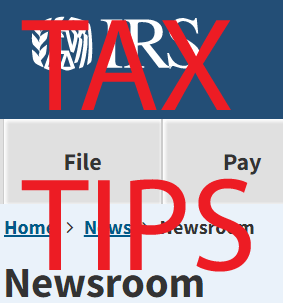 Effective January 1, 2018 the corporate tax rate for the first $50,000 of earned income jumps from 15% to 21%. That 6 percent increase translates to an additional $3,000 federal income tax due for 2018 for a small corporation. Thousands of small businesses are affected. Some are understandably irate that a tax law called the “Tax Cut and Jobs Act” is in reality a tax increase for them.
Effective January 1, 2018 the corporate tax rate for the first $50,000 of earned income jumps from 15% to 21%. That 6 percent increase translates to an additional $3,000 federal income tax due for 2018 for a small corporation. Thousands of small businesses are affected. Some are understandably irate that a tax law called the “Tax Cut and Jobs Act” is in reality a tax increase for them.
Small corporations aren’t the only ones to be surprised by a tax increase. Employees with high unreimbursed work expenses and those paying high local and real estate taxes are also likely to see a tax increase; some increases exceeding $10,000 for 2018. Corporations that have large loans relative to their net income (real estate investments, start up loans or large capital equipment, for example) could also be affected.
Today I read some online discussion among CPAs that indicate that they think Congress might take action to mitigate some of the damage. I take this ‘chatter’ seriously because it has proved to work out in the past, particularly with modification of harsh ACA laws.
The easiest way to avoid the higher corporate tax is simply to pay out the corporate profits as salary (taxable at the individual’s tax rate) or tax-free employee benefits like a pension or profit sharing plan contribution (taxes are deferred) or health benefits like a Health Reimbursement Arrangement or Health Savings Account (where taxes may be avoided altogether).
Soon we will read tax advisories about the possibility of changing business entity types to ‘pass through entities’ but I think it is too soon to consider that switch. There are more details in the tax law to consider and it it possible that some overlapping or offsetting impact will become clear over time.
I am pleased to discuss the options that might make the most sense for your small business corporation.
[contact-form-7 id=”4556″ title=”Boilerplate Contact”]


Leave a Reply